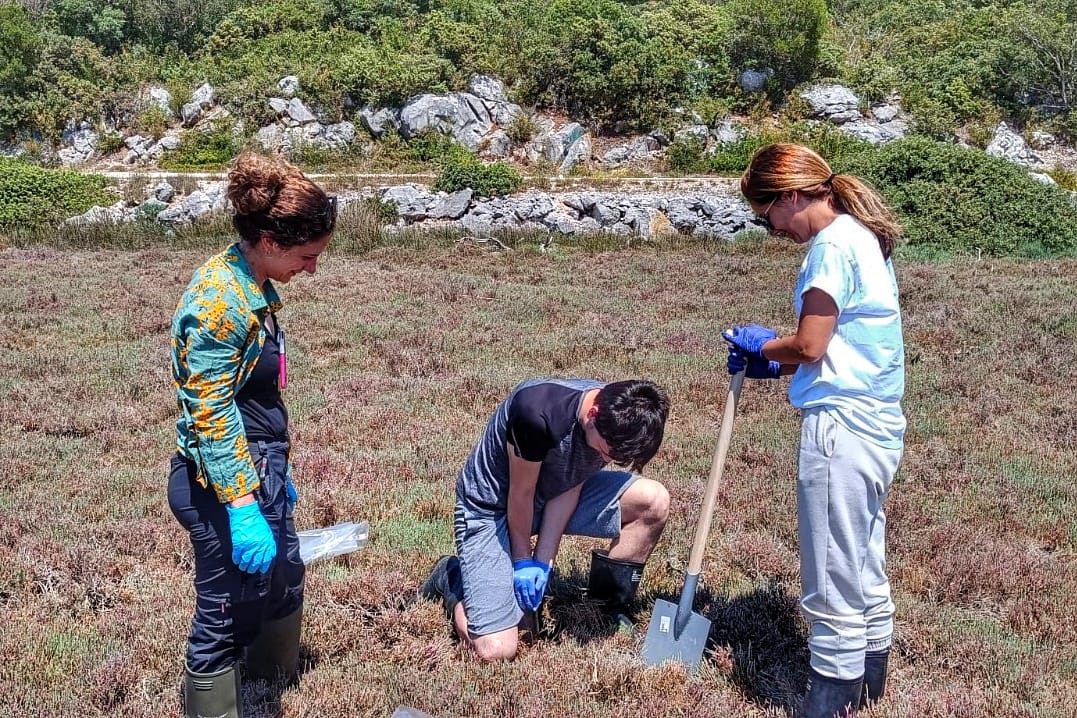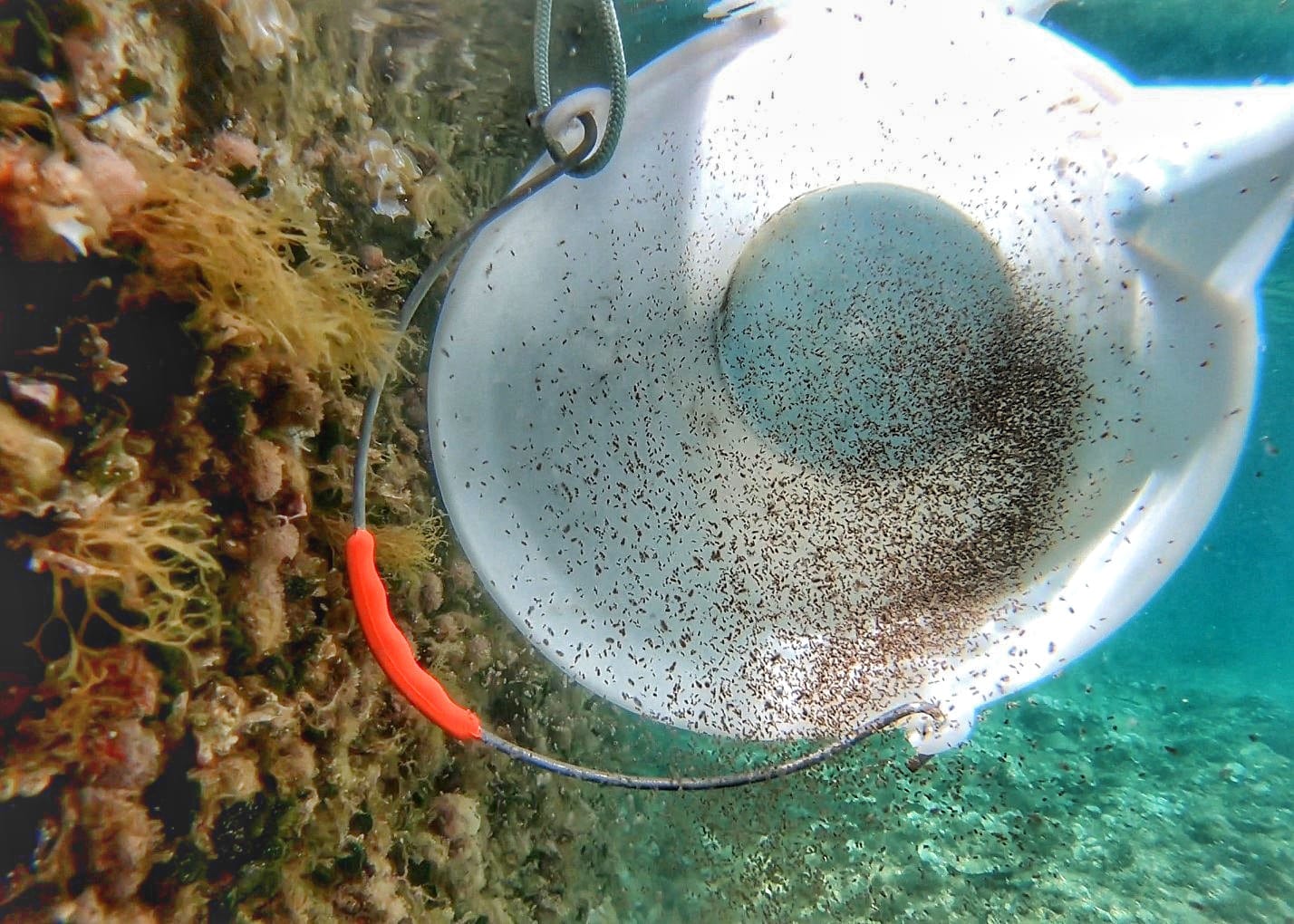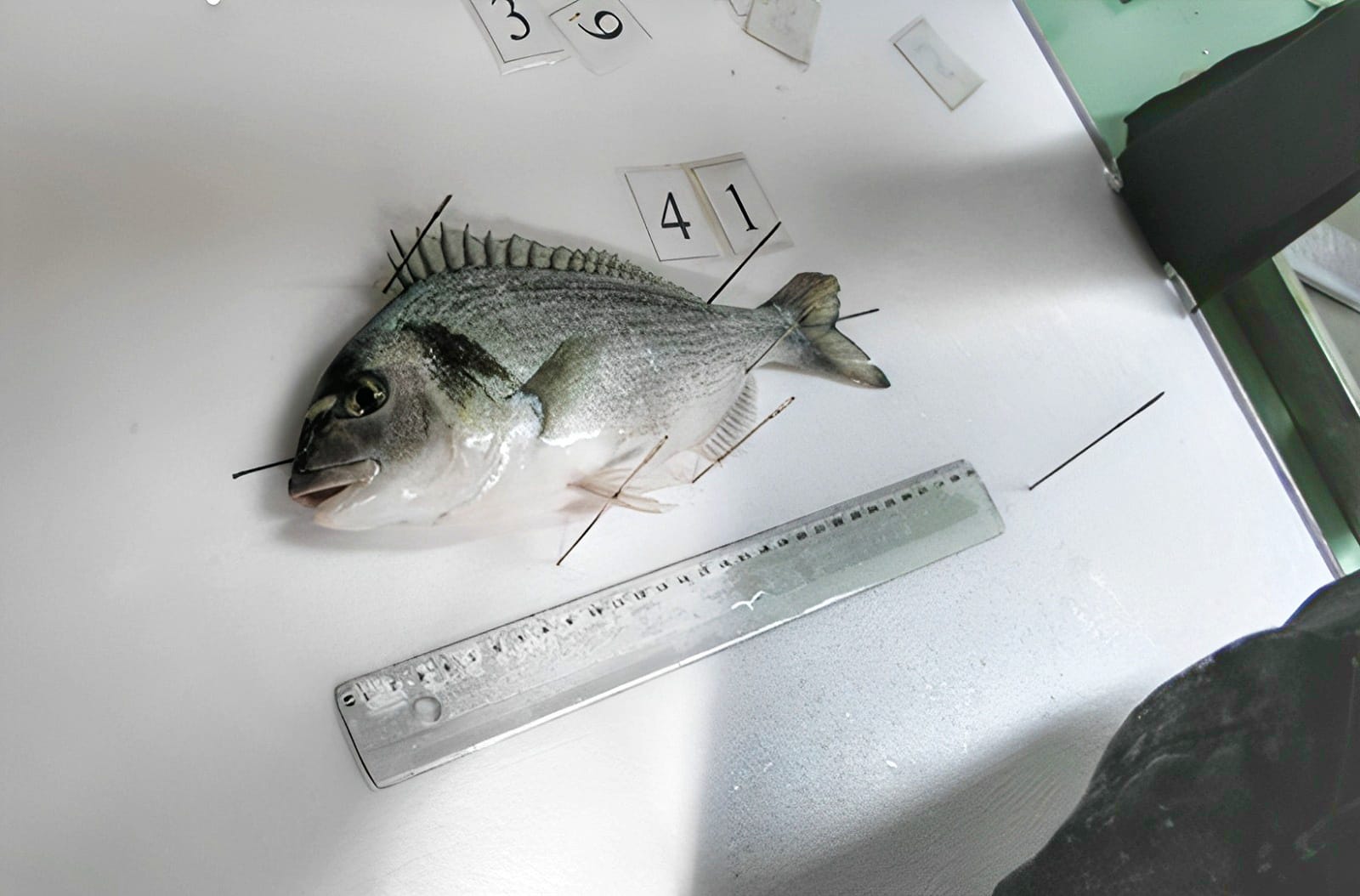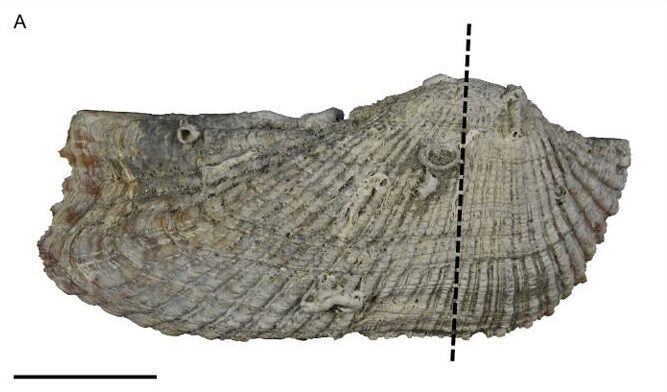Climate change is altering the coastal ecosystem, and each of us can easily recognize this.
One of the biggest challenges for our society will be the process of adapting to climate change. Science plays a key role in this process. It helps us to better understand complex mechanisms before we make plans and decisions.
A scientific paper has just been published in the renowned journal Limnology & Oceanography Letters, on which scientists from our institute worked together with colleagues from the Ruđer Bošković Institute, the Institute of Adriatic Cultures, Johannes Gutenberg-Universität Mainz and the UBO – Université de Bretagne Occidentale.
This interdisciplinary scientific work combines climate modeling and geochemical analyses of bivalve shells to investigate bivalve growth under future climate conditions (2070-2100). This innovative approach is a promising strategy for predicting future growth trends, which may also be applicable to other marine organisms in coastal areas.
A total of five species of bivalves were examined in the study – four commercial bivalve species and one long-lived species.
The results showed that the three researched species of scallops (Pecten jacobaeus, Aequipecten opercularis and Flexopecten glaber) will grow much slower than they did in the past, and some species will even have a three-month shorter growth period per year. In contrast to the scallops, Venus verrucosa and Glycymeris pilosa will have a longer annual growing season, which will be particularly noticeable in the southern Adriatic.
The research was carried out as part of the HRZZ project BivACME.




